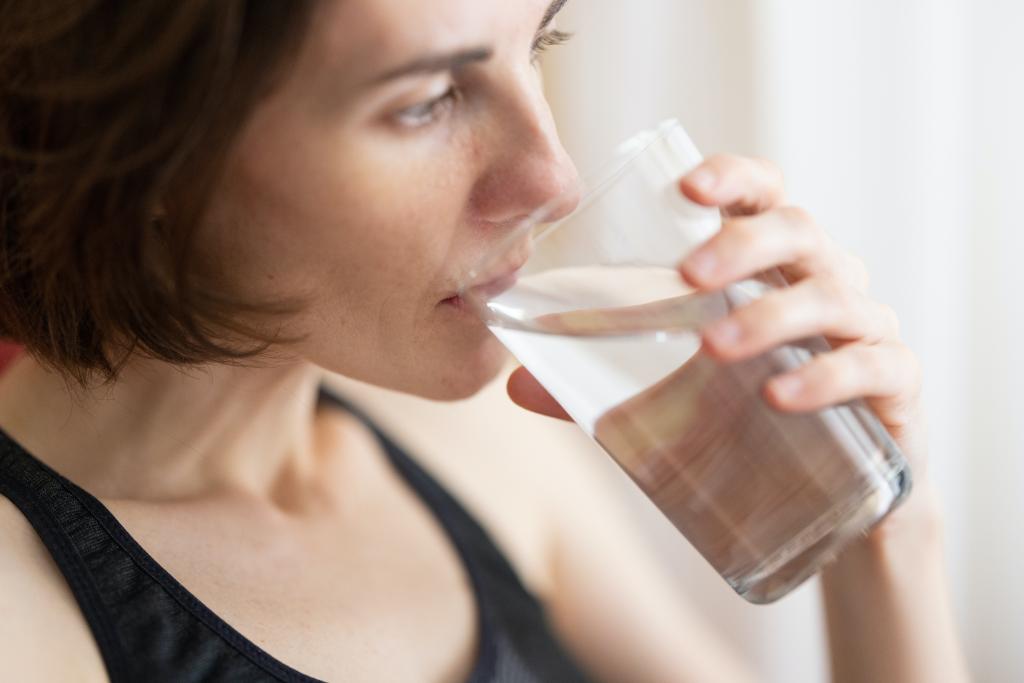
Breastfeeding is a beautiful way to nourish your baby, but we know it’s not for everyone. At Grace Private, we understand that not all mothers choose to breastfeed for various reasons, including medical conditions, certain medication or personal choice. We acknowledge and respect that every mother and baby’s journey is different.
If you breastfeed, we know it’s not always easy. Many mothers experience challenges along the way, some of which affect the amount of milk you can produce. This can bring up all types of emotions, with some mothers turning to breastfeeding supplements to increase milk production.
Breastfeeding supplements are products designed to help breastfeeding mothers increase their milk supply and, in some cases, improve the quality of their breast milk. They contain various ingredients such as herbs, vitamins and minerals, and natural galactagogues (substances or foods believed to increase milk supply).
Breastfeeding supplements are available in capsules, teas, tinctures and powders. They can also come in the form of foods like cookies and protein balls, which contain ingredients such as flaxseed, brewer’s yeast, oats and more.
Common plants/herbs used in breastfeeding supplements include aloe vera, cranberry, echinacea, fenugreek, garlic, ginger, milk thistle, raspberry leaf and St. John’s wort.
You can find breastfeeding supplements in pharmacies, supermarkets, health food shops and online. A naturopath or Chinese medicine doctor can also prescribe them.

When it comes to breastfeeding supplements, unfortunately, there is limited scientific evidence to support their efficacy. While some studies suggest a variety of products can increase milk production, results are inconclusive and more research is needed in this area to provide a definitive answer.
According to the Australian Breastfeeding Association, the average Australian diet usually provides breastfeeding mothers with sufficient quantities of vitamins and minerals. There are only a few which some breastfeeding mothers may need to ensure their breast milk has adequate concentrations for babies.
These include Vitamin B12 for vegan breastfeeding mothers (possibly vegetarian), Vitamin D for mothers who receive little sunlight or are dark-skinned, and Iodine, recommended by Australia’s National Health and Medical Research Council (NHMRC).
It’s important to understand that supplements pass straight through your breast milk to your baby. You must be careful of what you consume to protect your baby when breastfeeding.
Before taking any supplements, we recommend speaking with your general practitioner. Here at Grace Private, our Specialist Women’s Health GPs have years of experience helping mothers navigate the challenges of breastfeeding and will ensure you make an informed decision about breastfeeding supplements. We’ll give you the best medical advice.
Our GPs will help you understand your options and recommend additional resources and referrals based on your and your baby’s needs. At Grace Private, our priority is to support you in making the best decision and help you achieve the best outcome.
We know everyone’s breastfeeding journey is unique, and our doctors will provide personalised care every step of the way, whether you choose to breastfeed, an alternative feeding option or a combination of both.
If you are struggling with breastfeeding or have questions about breastfeeding supplements, we encourage you to speak with one of our Specialist Women’s Health GPs to find the best solution for you and your baby. Book an appointment online.

